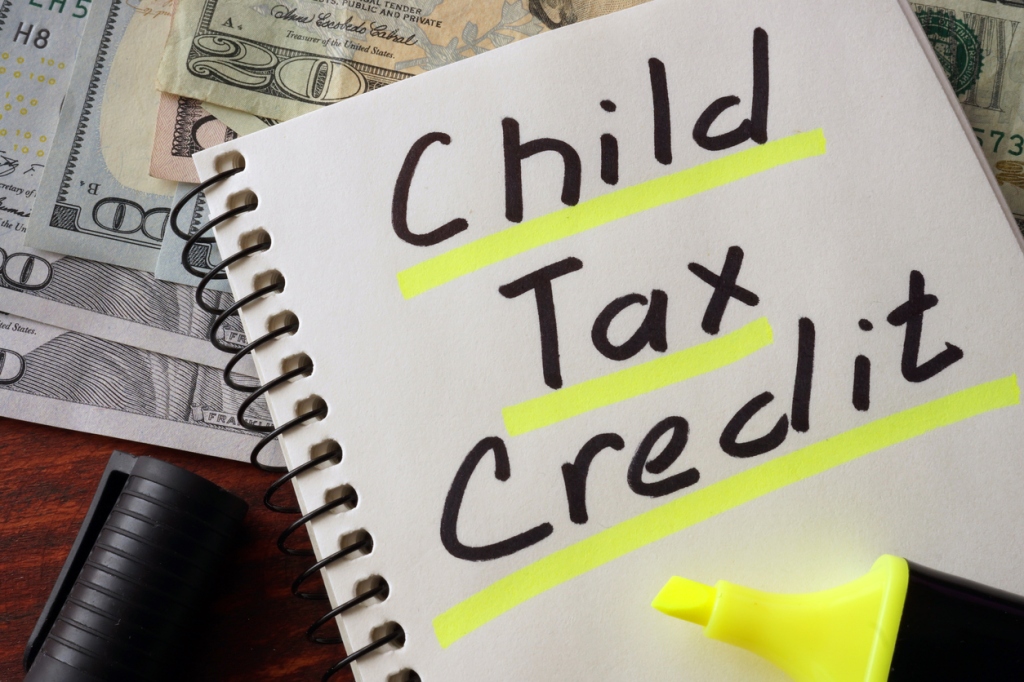
Starting July 15, 2021, families will start receiving advance Child Tax Credit (CTC) payments on a monthly basis for the remainder of this year. However, it is important to consider whether your family should opt out of receiving those payments. In fact, families can use the “Child Tax Credit Update Portal” to opt out of these payments, and instead receive the full tax credit after filing their 2021 tax return. In determining what is best for your family, reach out to your tax preparer or seek out the advice of a CPA to help you come to your decision.
For the year 2021, the tax credit for children under 6 is $3,600; and the tax credit for children between 6 and 17 is $3,000. A parent who files taxes with children under the age of 17, will receive the full benefit if his/her income is less than $75,000; and will get a reduced amount if he/she earns between $75,000 and $90,000. Those who file jointly, with children, will get the full credit if their combined income is less than $150,000; and will receive a reduced amount if their combined incomes are between $150,000 and $170,000.
For example, it may be wise to opt out if you typically use your child tax credit to reduce your tax liability, or if you get a significant raise that effects your income eligibility threshold during the 2021 tax year. If a person receives the advance Child Tax Credit payments, but their income goes up during 2021 to where they would not be eligible for the advance payments, they will have to pay back the amount of the credit that was paid to them in advance. This could be significant given the increase in the value of the tax credit.
Parents who are going through a divorce, are divorced or who have paternity support orders also need to be especially careful. It is common that parents who have court orders through a paternity action, or through a divorce action, allocate who can claim the child dependency tax credit each year. The IRS does not know what parents have agreed to, so the structure of these Child Tax Credit payments do not take into consideration these agreements. Instead, the parent who claimed the child on their 2020 or 2019 tax return would be eligible for the advanced payments. However, if you alternate years for the tax credits, and 2021 is not your year to claim your child or children, you will likely have to pay back the advanced Child Tax Credit to the IRS or to the other parent. This can end up being confusing for families in two households. It will be important to review your court orders, and to seek out the advice of a tax preparer or CPA, to determine whether to opt out of these payments to avoid issues with the IRS, or in your family law case.
In order to opt out of these advanced payments go to the IRS website and follow the instructions provided on their website to opt out. That information is available at: https://www.irs.gov/credits-deductions/child-tax-credit-update-portal. We cannot offer tax advice and, therefore, it is always a good option to seek out the advice of a tax preparer or CPA to help determine what is right for your family.